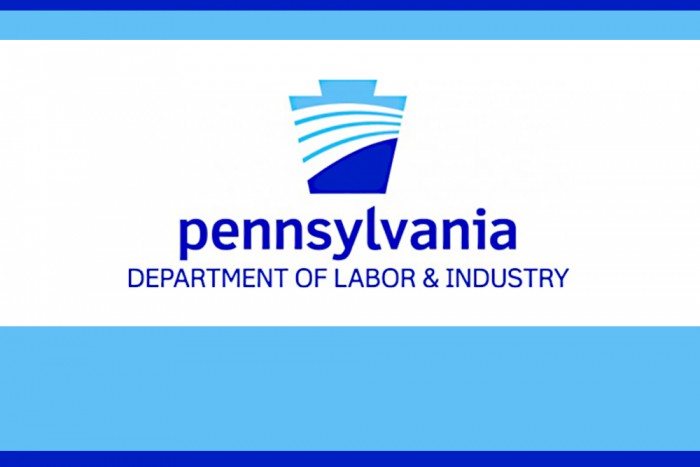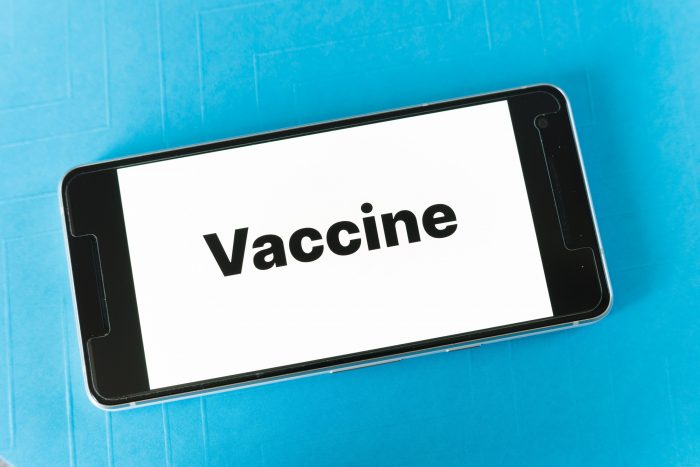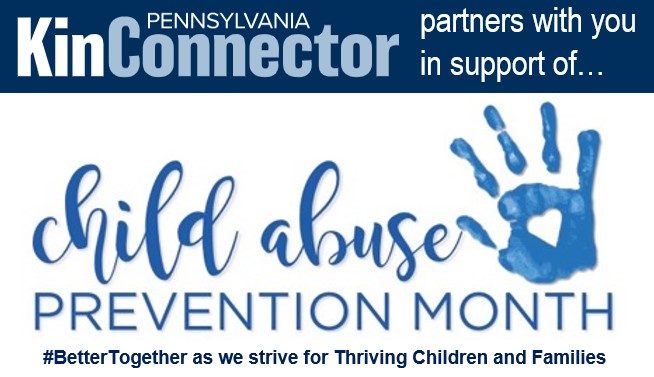This just released from the U.S. DOL:
Guidance seeks to help protect an estimated $9.3T in assets.
WASHINGTON, DC – The U.S. Department of Labor today announced new guidance for plan sponsors, plan fiduciaries, record keepers and plan participants on best practices for maintaining cybersecurity, including tips on how to protect the retirement benefits of America’s workers. This is the first time the department’s Employee Benefits Security Administration has issued cybersecurity guidance. This guidance is directed at plan sponsors and fiduciaries regulated by the Employee Retirement Income Security Act, and plan participants and beneficiaries.
As of 2018, EBSA estimates that there are thirty-four million defined benefit plan participants in private pension plans and 106 million defined contribution plan participants covering estimated assets of $9.3 trillion. Without sufficient protections, these participants and assets may be at risk from both internal and external cybersecurity threats. ERISA requires plan fiduciaries to take appropriate precautions to mitigate these risks.
Today’s guidance comes in three forms:
- Tips for Hiring a Service Provider: Helps plan sponsors and fiduciaries prudently select a service provider with strong cybersecurity practices and monitor their activities, as ERISA requires.
- Cybersecurity Program Best Practices: Assists plan fiduciaries and record-keepers in their responsibilities to manage cybersecurity risks.
- Online Security Tips: Offers plan participants and beneficiaries who check their retirement accounts online basic rules to reduce the risk of fraud and loss.
“The cybersecurity guidance we issued today is an important step towards helping plan sponsors, fiduciaries and participants to safeguard retirement benefits and personal information,” said Acting Assistant Secretary for Employee Benefits Security Ali Khawar. “This much-needed guidance emphasizes the importance that plan sponsors and fiduciaries must place on combatting cybercrime and gives important tips to participants and beneficiaries on remaining vigilant against emerging cyber threats.”
The guidance announced today complements EBSA’s regulations on electronic records and disclosures to plan participants and beneficiaries. These include provisions on ensuring that electronic recordkeeping systems have reasonable controls, adequate records management practices are in place, and that electronic disclosure systems include measures calculated to protect Personally Identifiable Information.
Learn more about the department’s work.
April 14, 2021
Release Number
21-358-NAT
Contact: Michael Trupo
Phone Number 202-693-6588
——————————
Donna Martin
American Network of Community Options and Resources
Alexandria VA
(401) 965-9411
——————————


















